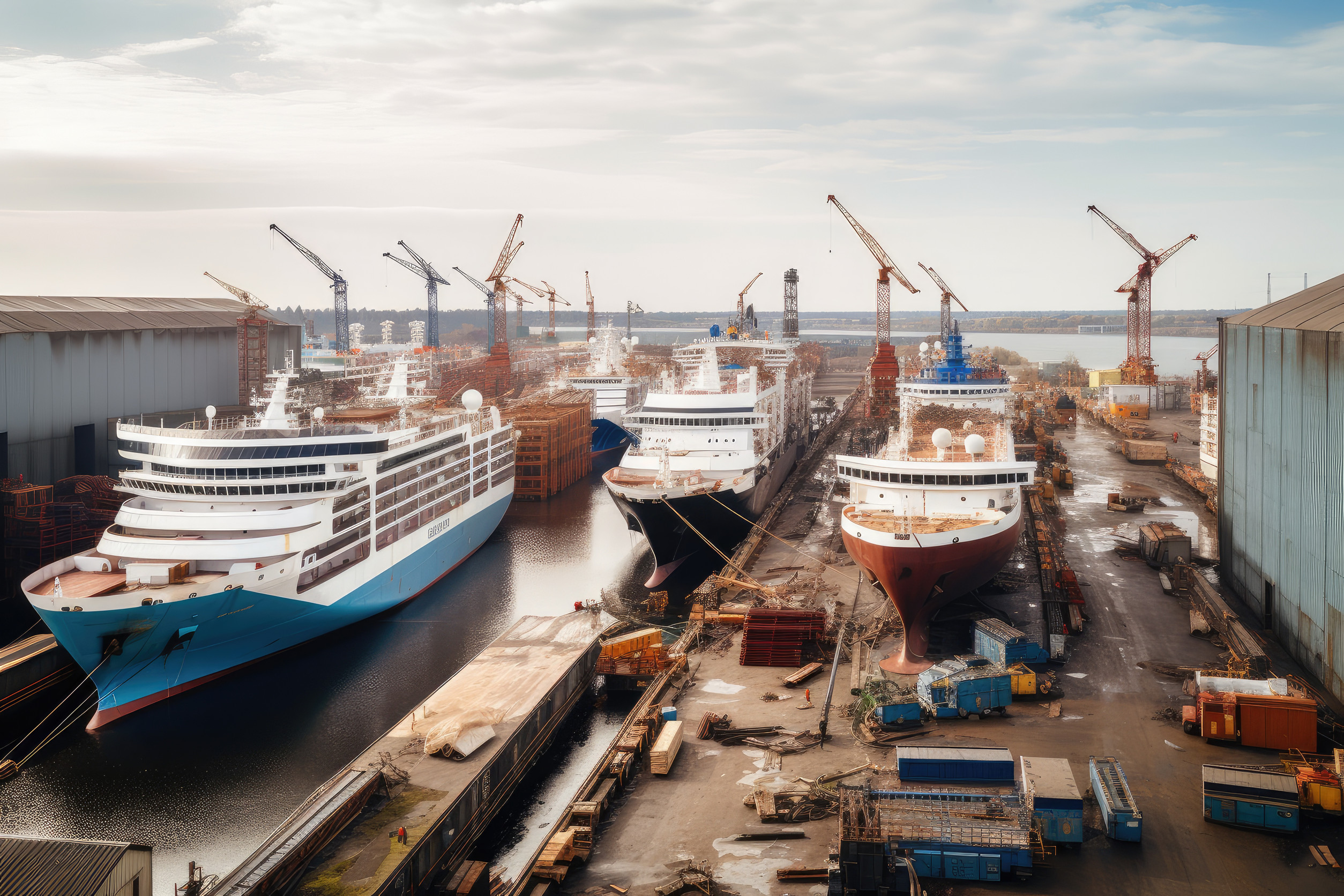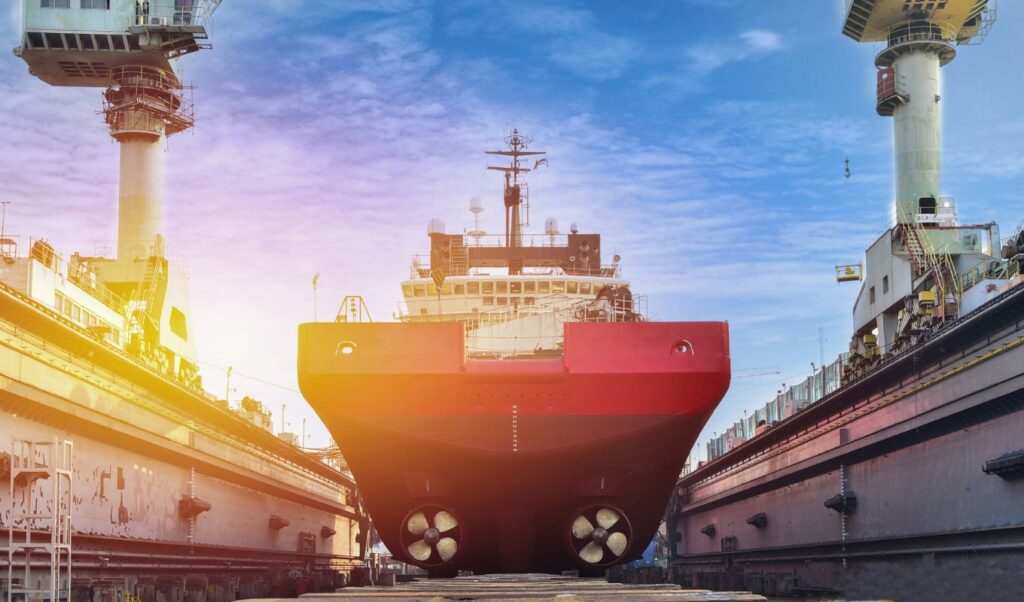For the first time, a coordinated effort is beginning among entrepreneurs, workers, institutions, shipowners, and the Ministry of Maritime Affairs and Island Policy itself to coordinate everyone with the common goal of giving the Greek shipbuilding industry the position it deserves. Despite the fact that Greece has a rich maritime heritage and a dominant position in global shipping, it has not managed – until today – to capitalize on its comparative advantage in the shipbuilding and repair sector.
Greece invests in shipbuilding industry: Jobs opening at shipyards
On the positive side, the range of work is expected to expand in the coming months, as after a barren year, new jobs are opening in the shipbuilding and repair zone.
According to parapolitika.gr data, this year’s 2025-2026 season is estimated to be much better than last year’s, with new deals already locked in and expected to be in the shipyards’ dry docks from next week to begin operations.
The above reinforces the latest data provided by the Ministry of Maritime Affairs and Island Policy, as the maritime foreign exchange entering Greece annually reaches 18 to 19 billion euros. Of this, a large percentage is invested not only in modernizing the sector and in ships, but also in the tourism sector, with plans for new hotels, real estate development and support for city-breaks and culture.
At the same time, increasingly close Greece-US cooperation in the shipyard sector is intensifying, which was sealed by the recent visit of Doug Bergam, US Secretary of the Interior, to the ONEX Group shipyards in Elefsina. Moreover, following the initiatives at Syros Shipyard, Elefsina is next in line, with investments concerning the construction of large commercial vessels and consequently expanding the shipyard’s production capacity.
Additionally, more than 1,700 shipping companies are estimated to be based in Greece. In fact, in these companies, the 50,000 employees are characterized as well-paid and the ultimate goal is to gradually increase the number. Furthermore, over 150,000 workers are estimated to be employed in the country’s shipyards, mainly in sectors such as supply, marine insurance and agencies.
Already, with the new critical bill for maritime education, the goal, beyond attracting more young people to the maritime profession, is to upgrade educational infrastructure, reduce bureaucracy and create a more flexible and effective framework that will provide more incentives to universities – public and private – to invest in maritime education.
On this front, ONEX shipyards – which have maintained a significant role in the sector in recent years – through cooperation with DYPA Elefsina aim to create a new generation of technicians, trained based on the real requirements of the industry.

Among the “thorns” of the shipbuilding zone: danger and unequal contracts
On the negative side now, the sector’s pathologies are still “here,” threatening to halt the development plan. According to parapolitika.gr reporting, working conditions on ships remain an unresolved problem, with the main issue being chronic danger and lack of protection, in a profession threatened by an extremely unhealthy environment. The absence of specialized personnel who could supervise the processes worsens the situation, resulting in even fatal accidents.
The landscape remains murky regarding workers in the tourist yachting sector (painting, repair, maintenance, carpentry work), as while the flagship of Greek maritime tourism is threatened by illegal charters and supposed cabotage, one of the sector’s basic problems continues to prevent any upgrade: Although these specific workers are employed in the shipbuilding and repair zone, they do not have equal employment contracts with the other metal workers on ships.
Foreign workers with low wages concern Perama circles
At the same time, the number of job positions in shipbuilding and repair zones is not filled by Greeks, but by foreigners, leaving open the possibilities for employers’ preference for small daily wages that lighten the coffers.
Perama circles, however, insist that without substantial improvement in working conditions, no investment will be able to acquire a sustainable base. In other words, they emphasize that the sector’s development depends mainly on employer and shipowner relations, as agreements concluded in many cases are necessarily locked at very low compensation levels. This brings a domino effect of problems with the worker as the first and main recipient.




